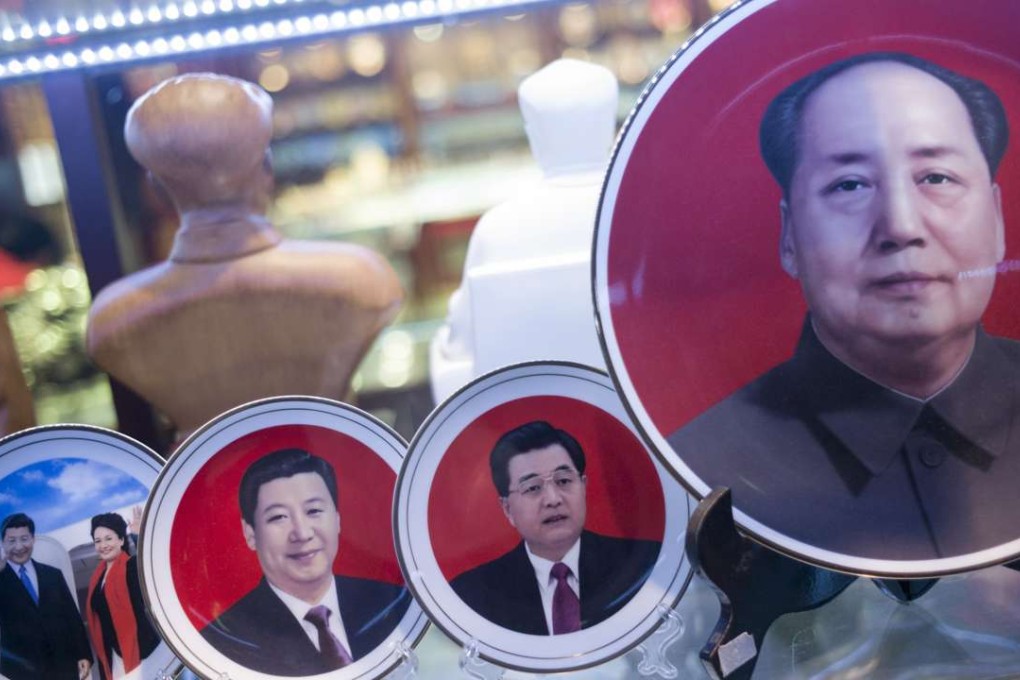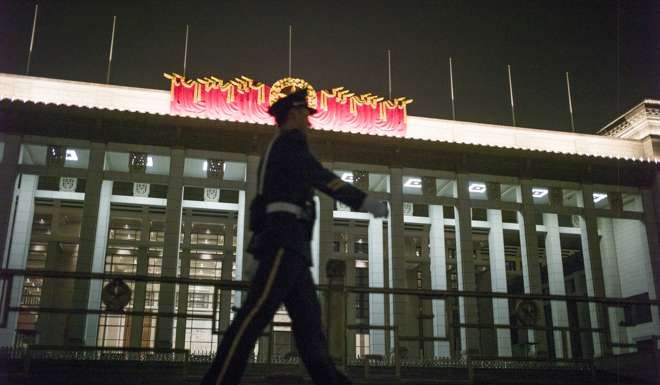China Briefing | How Xi Jinping can use his new power as ‘core’ of China’s Communist Party
After four days of secret meetings in Beijing, president has officially been endorsed as He Xin – ‘core of the party centre’

The annual plenum of the Communist Party’s central committee, which ended on Thursday, released a communique of more than six thousand words after four days of secret meetings in Beijing.
As expected, the communique went to great lengths to expound the need to strengthen supervision and regulation of the behaviour and conduct of party members, particularly senior officials, with the plenum approving two documents to that effect as part of continuous efforts to combat corruption and boost the loyalty of party members.
Chinese Communist Party expands Xi Jinping’s political power, anointing him ‘core’ leader
But the most eye catching bit of the communique was in fact just two words – He Xin – or the core, as the party leadership formally endorsed President Xi Jinping ( 習近平 ) as “core of the party centre”.
Xi assuming the new title should not come as a surprise as some mainland media and officials had cranked up the propaganda justifying the new designation for him in the run up to the plenum.
But the official endorsement is still significant as it confirms the efforts to elevate Xi alongside Mao Zedong (毛澤東) and Deng Xiaoping (鄧小平) and expands his power ahead of a key party congress next autumn.

